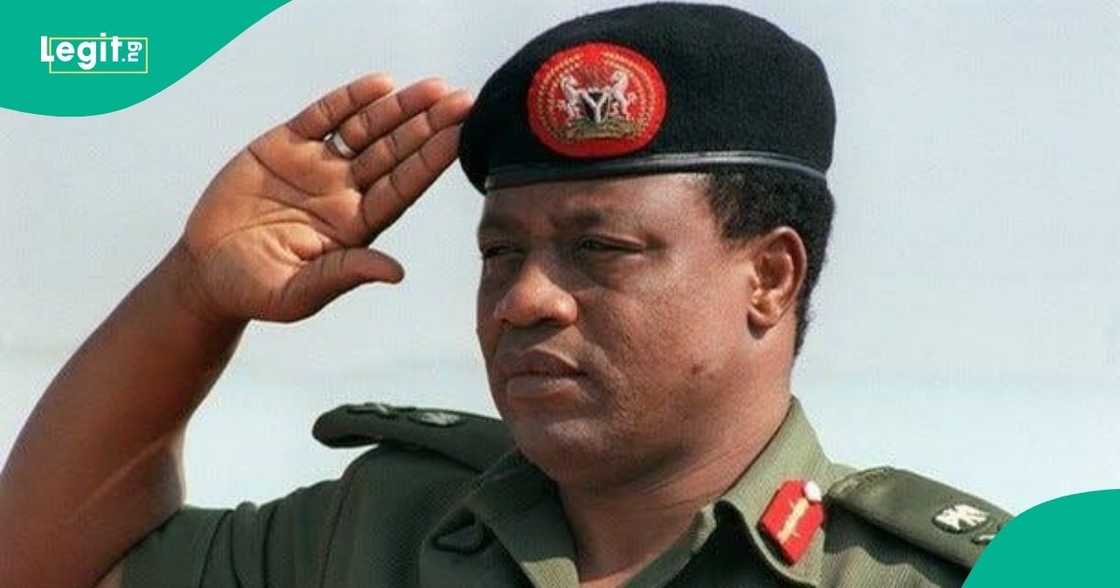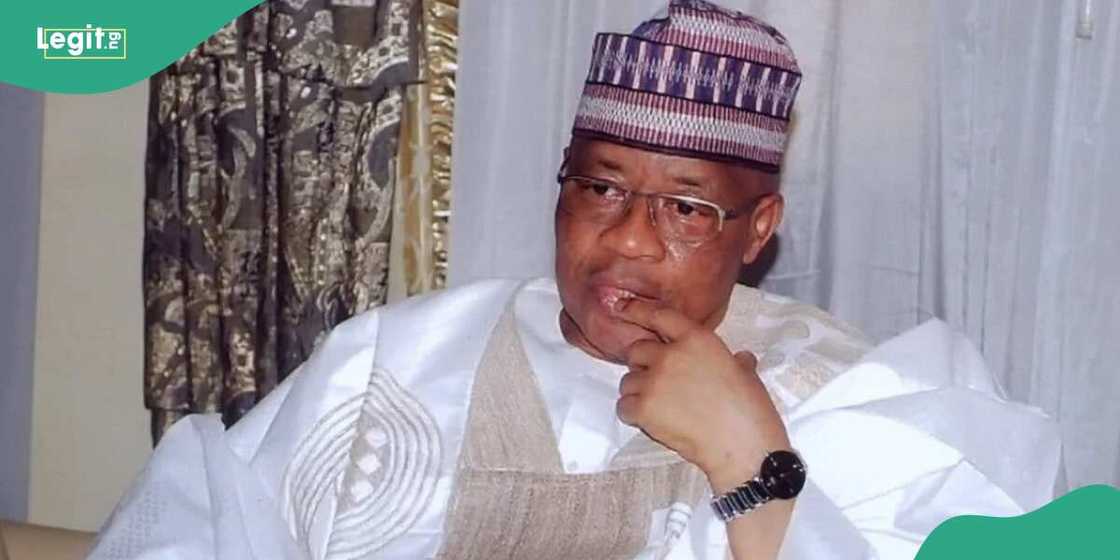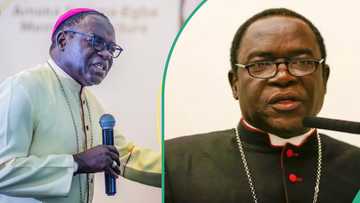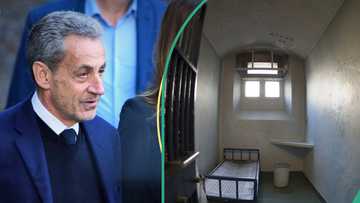Why Did Babangida Resign as Head of State and Hand Over Without Coup?
- In 1993, General Ibrahim Babangida shocked Nigeria by resigning as head of state without a military coup
- His decision followed intense political pressure after annulling the June 12 presidential election, sparking nationwide unrest
- By handing over to an interim government, Babangida sought to avoid a violent overthrow and preserve his legacy
In August 1993, General Ibrahim Babangida stunned the nation by announcing his resignation as Nigeria’s military head of state.
Unlike many of his predecessors, Babangida handed over power without a coup, a move that marked a rare moment of voluntary transition in Nigeria’s turbulent political history.

Source: Getty Images
Babangida faces political pressure after annulling election
Babangida’s decision followed the controversial annulment of the 12 June 1993 presidential election, which had been widely hailed as the freest and fairest in Nigeria’s history.
The presumed winner, Chief Moshood Abiola, was denied office, sparking widespread protests, strikes, and international condemnation.
Political analysts reported that the annulment severely damaged Babangida’s credibility and triggered a legitimacy crisis.
Civil society groups, opposition leaders, and even factions within the military began to demand an end to his rule. The pressure created a volatile atmosphere that threatened to spiral into chaos.
Babangida steps aside
Rather than risk a violent overthrow, Babangida opted to “step aside”, a phrase he used to describe his resignation.
He handed power to an interim national government led by Chief Ernest Shonekan, a move seen by observers as a calculated attempt to exit gracefully.
Commentators noted that Babangida’s resignation was a strategic manoeuvre to avoid being ousted by force.
By relinquishing power voluntarily, he sought to preserve his legacy and present himself as a leader who respected the need for civilian governance, despite his earlier actions.
Babangida's failed transition promises fuel distrust
Throughout his eight-year rule, Babangida repeatedly promised a transition to democracy. However, delays and shifting timelines eroded public trust.
The annulled election became the final straw, exposing what critics described as a pattern of political manipulation.
Sources close to the regime suggested that Babangida recognised the untenable nature of his position.
With unrest growing and his support base shrinking, stepping down became the only viable option to prevent further instability.
Babangida's peaceful exit amid military tensions
Unlike previous Nigerian leaders who were removed through coups, Babangida’s resignation was peaceful.
Researchers argued that this was partly due to his desire to avoid internal military conflict. By handing over to a civilian-led interim government, he defused tensions within the armed forces and avoided a potential mutiny.
His exit, however, did not end the crisis. The interim government was short-lived, and General Sani Abacha seized power just months later.

Source: UGC
Why IBB changed his name
Legit.ng earlier reported that former military president Ibrahim Babangida shared the reason behind adding Babangida to his name in his newly released autobiography, A Journey in Service.
Babangida disclosed that the decision was made due to frequent inquiries from his colleagues who often confused his name.
In the book, Babangida recounted his return to Nigeria from India in January 1964 as 2nd Lt Ibrahim Badamasi, with personal Army number N/438.
Proofreading by James Ojo, copy editor at Legit.ng.
Source: Legit.ng





